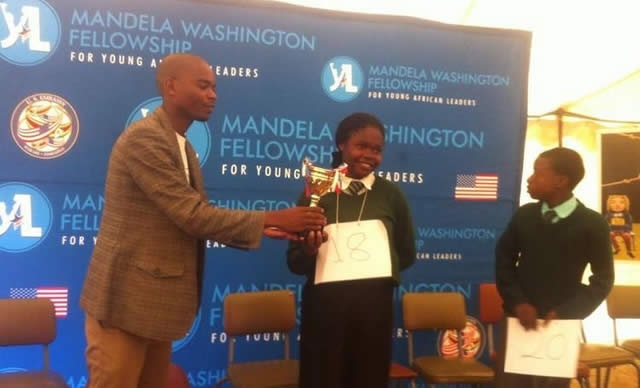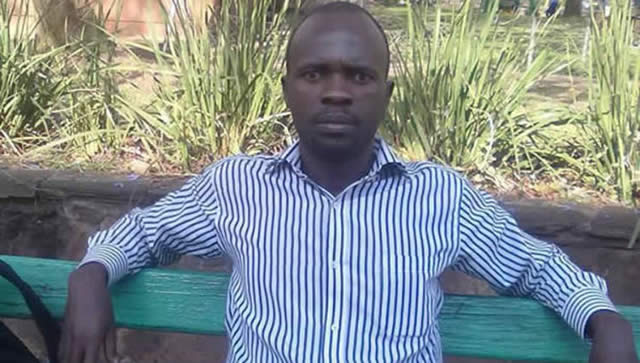GLAMMING UP LOBOLA DAY


Tafadzwa Zimoyo Lifestyle Writer—
In the past, the day of lobola payment was exciting for the families and friends of the couple at the centre of the ritual. Tension, drama, joy and feasting was expected. The groom and his companions would generally turn up in formal attire in order to prove that they were people of substance to their new in-laws. But the occasion was certainly not a big style affair. The real deal was always going to be the white wedding and everyone reserved their best for the showcase. This was pushed by the predominant Christian culture, which encourages couple not to feel that they are properly married until the church ceremony.
In fact, with changing trends, many young men were now showing up in their dropped jeans and other fashionable get ups which the in-laws may have privately shuddered at.
But the African renaissance has once again hit the local scene and turned the traditional wedding into big day in its own right, not a hurdle to be gotten out of the way before the actual wedding.
Forget the debates about equality and the ills of our traditions. The lobola ceremony has come into its own, as everyone vies to have the most talked about day, just like for the white wedding.
One memorable event was when former Big Brother Ghana representative and housemate, Elikem Kumordzie, who is also a fashion designer, is believed to have paid US$25 000 for his bride Zimbabwean celebrity Pokello Nare some weeks ago. The ceremony was an African attire affair.
Such ceremonies, because of the fashion aspect that has crept in, are no longer as rigid, strict and binding as they used to be in the past, when it was a must for the representatives from the man’s side to be always dressed in ‘stifling’ formal attire with the jacket and tie being the accessories not to leave out.
The couple now goes to the extent of taking clothes sizes of all the people who will be involved in the formalities and then order a tailor to prepare traditional African attire for everyone.
The couple chooses their colour themes and motives.
The trend was probably popularised by the Nigerians who are known the world over for their particularity with traditional dress, which is everything to them just like the air they breathe.
“This helps in solidifying your identity as African people, since dress is also a statement of who you are and where you come from. It is encouraging to note that people are gradually beginning to embrace traditional attire as an important part of who they are and there is no better place and time of being seen donned like that than before your in-laws,” noted one Agnes Simon of Hatcliffe.
United States-based twin sensation, P-Square, have also been credited for popularising this trend, whose craze has also spilled to kids who don’t want to be left out in making a bold fashion statement in their own unique and beautiful way.
Recently the Mzembis posted their joy on social media platforms showing their style at a function to celebrate a new baby and a traditional wedding which was held in Zambia.
They also had a themed ceremony with relatives and guests wearing African attire.
“Learning about our ancestors often helps us understand ourselves. Adam and Eve, our first ancestors, were the highlight of God’s creation — the very reason God made the world. Our ancestors didn’t always live the way God intended.
“Through their mistakes, we can learn important lessons on how to live rightly. Adam and Eve teach us much about the nature of sin and its consequences. As children, we depend on our family to make it better. We turn instinctively to our mothers, fathers, brothers, sisters, uncles and aunts for their support we may not find elsewhere. . .”, read part of the post.
Some local designer shops also said business is booming because of clients who want to get married in a stylish way.
“Gone are the days when people only shopped for wedding dresses. I am happy that I am doing attires for the bride-to-be. The Shona Ankraa is the in-thing. People now have a uniform at lobola ceremonies. It will be more like a wedding.
“The event itself will also be colourful, hence it will be themed. Zimbabwe is moving with the times and I am happy with that,” said one designer who didn’t want to be named.
The designer is known to have crafted dresses and garments for most influential personalities in the country.









Comments